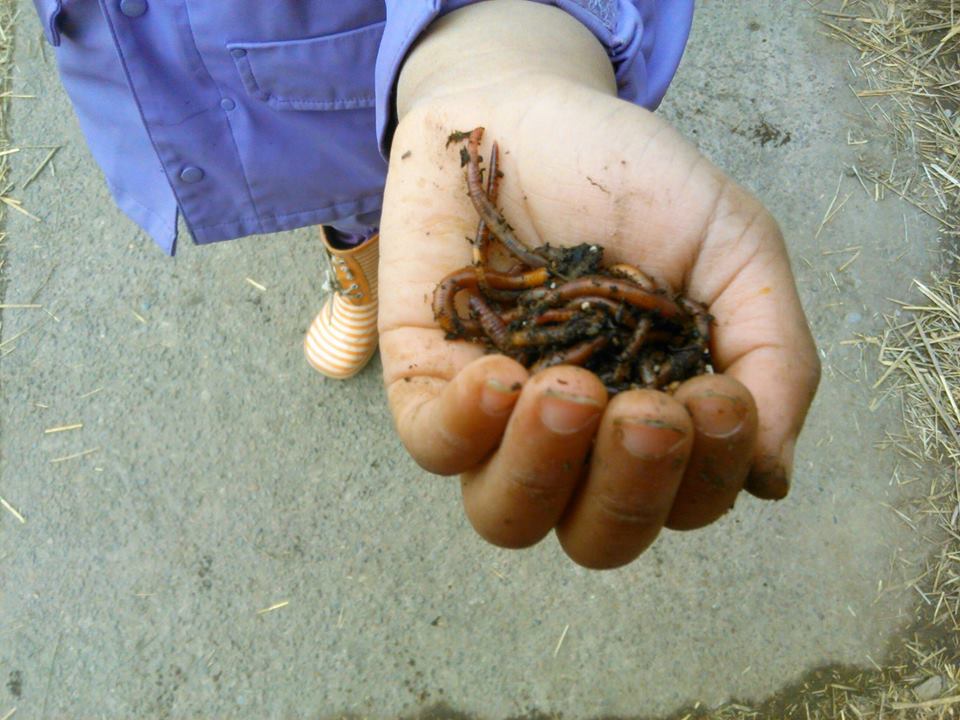
Nature and the Child’s Senses by Judith Frizlen
“All grown-ups were once children…but only few of them remember it.”
– Antoine de St. Exupery
Scan back to your memories of being a child in the summertime. If you are like most people—and I have spoken to many—you will recall an experience of being outdoors alone or with other children. Details vary, but the descriptions always involve a full sensory experience. When an adult is there, they are not directly engaging the child. The child is complete within herself, immersed in nature.
In these moments, the child is making neurological connections internally and heart connections with the world. Time is expansive; the moment is child-directed. She is learning to attend, to engage, and to delight in the world. These memories provide a rich foundation for intellectual learning later on.
Now imagine the same moment when you were a child in nature, perhaps watching frogs jump into the pond while you wade in the water. An adult comes along, interrupts your quiet focus and starts to explain something about the frogs you are so earnestly watching. You are no longer “in” the moment, experiencing it in its fullness, but you are outside of “it,” learning about it.
Young children are designed to live in the direct participatory experience or “in the moment.” When we bring intellectual information in order to stimulate the child, we burst that bubble and force a separation between the experience and information from the outside, no matter how relevant. Let’s consider the kind of stimulation the child was experiencing prior to the adult intervention. There was the feel of sand and water, sun and a light breeze on the skin, the sights and sounds of the frog and the water, and the inward feel of moving through water and air, as well as a sense of well bring. It’s a rich experience complete in itself and all is right with the world.
Now what happens to this rich sensory experience when adults step in? In a flash, the multi-sensory moment is reduced to one dominated by the sense of hearing and words. The child’s inner experience that was communing with the outer world is diminished. We might question why adults feel the need to “stimulate” children with facts and concepts when nature is already providing sufficient, balanced, and easy-to-integrate stimulation? Are we so concerned that the child will never learn about the world if we don’t start teaching her? Perhaps we are missing the point: she already is actively learning about the world, in the way that a young child learns.
In order to refrain from bursting a child’s sensory immersion bubble, we need to remember our childhood experiences, trust our child’s ability to engage with nature, and then to consciously watch with wordless wonder.
Judith Frizlen is founder and director of The Rose Garden Early Childhood Center, a LifeWays Representative Program in Buffalo, New York.
